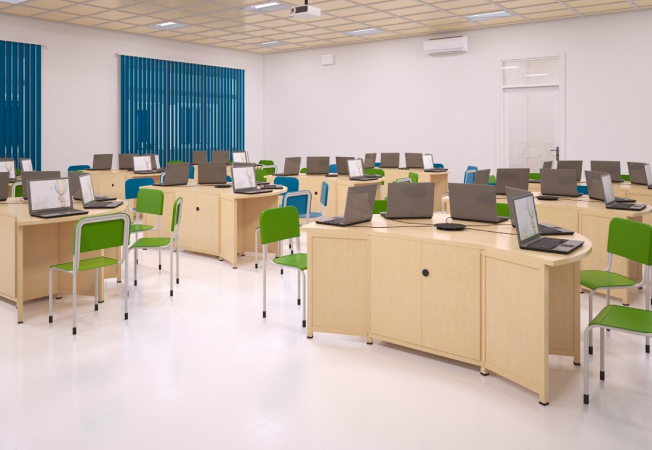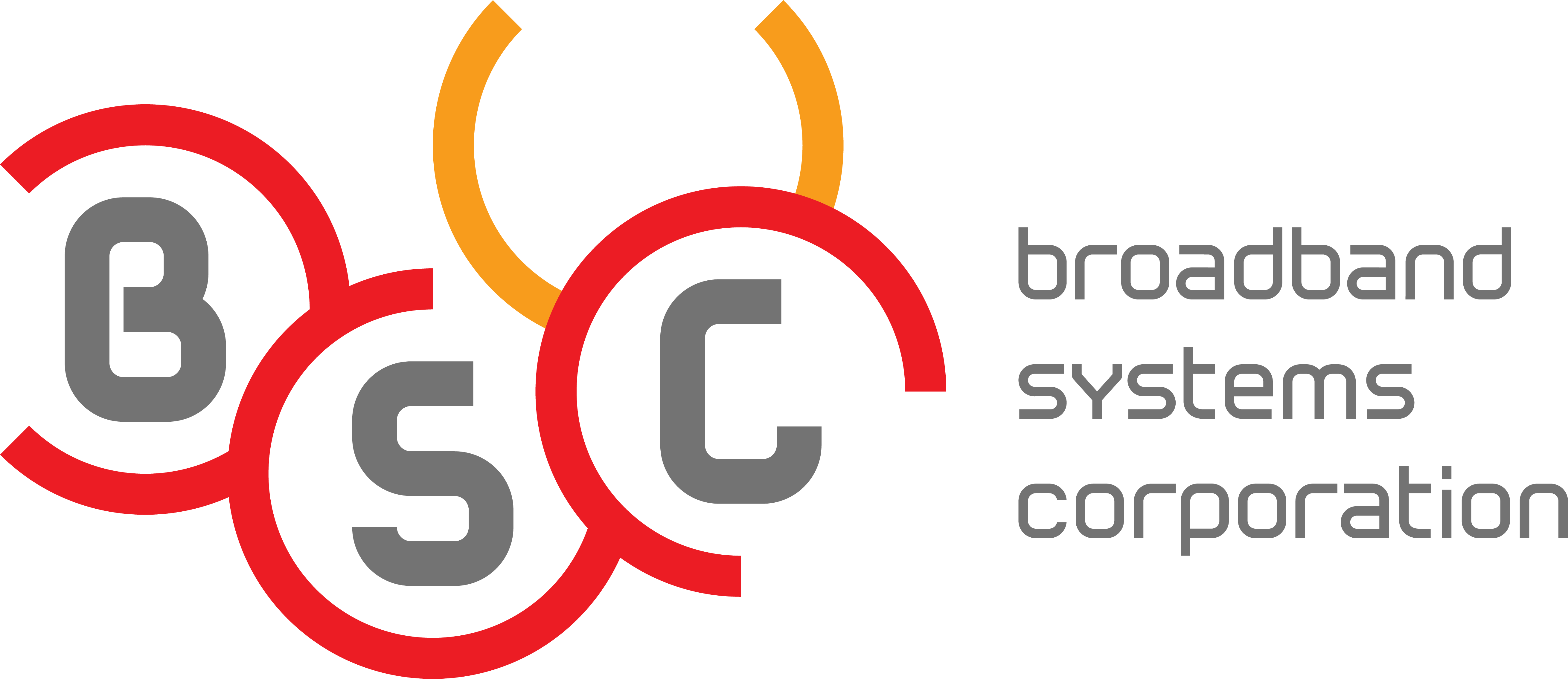How private sector can support Rwanda’s smart classrooms model
Oct. 19, 2023, 3:22 p.m.
In 2016, the Rwandan government through the ‘ICT-in-Education’ policy envisioned the “Smart Classroom”, an initiative aimed at digitizing education from a paper-based system to one that allows access to a variety of teaching and learning methods using technology.
At the time, the concept might have come off as overly ambitious and a faraway dream to most. In other instances, it was met by some skepticism as there are not many examples of developing countries that have implemented it.
However, following the covid-19 pandemic and its disruption of social economic activities including learning, smart classrooms have been fast mentioned as a must have for the sustainability of education outcomes.
The initiative seeks to equip schools with computers and access to the internet, and is built on the belief that ICT is a tool which will transform the country’s education system through the digitalization of academic material which will subsequently increase access.
The initiative puts the education sector in position to harness the innovative and cost-effective potential of world class educational technology tools and resources, for knowledge creation and deepening, to push out the boundaries of education outcomes.
This is envisioned to among other things improve quality, increase access, enhance diversity of learning methods and materials, include new categories of learners, foster both communication and collaboration skills among others.
The initiative is dependent on quality access to broadband, content and gadgets as well as expertise and know-how among facilitators and teachers.
Since 2008, prerequisite investments for the model had been made through different initiatives such as the national fiber optic backbone laid across the country by Broadband System Corporation and The One-Laptop-Per-Child project aimed at equipping young learns with gadgets as well as Rwanda Education Board’s e-learning platform for enhanced education delivery.
As of August this year, considerable progress had been made in the build up to the 2024 goals.
According to the Ministry in charge of Information Communication Technology and Technical and Vocational Education and Training (TVET), over 4000 primary schools, have been connected to the internet and have computers, or one laptop per child while in the secondary category, 1783 schools, and 365 vocational schools, have computers and are connected to the internet.
Of these, 797 schools have smart classrooms and students have access to quality education.
Contrary to some sentiments or misperceptions by a section of the media that sustainability of the model is at risk owing to the cost of internet used by schools, the cost has actually been going down over the years.
Like other services, internet prices on the local market drop over time owing to factors such as growing competition among players and growth of installed broadband capacities among others.
Further, the Rwandan education sector enjoys special pricing owing to a negotiation between government and service providers to support the sector’s technology adoption. This has seen the education sector receive technology services at pricing below commercial rate.
These considerable progress and ambition now require further drive and push from the private sector and other sector stakeholders to create a sustainable model to ensure completion and maintenance.
Among opportunities for the private sector to step in is tailoring relevant affordable broadband packages for use by the various learning institutions with costs conscious of the demand and market size.
The private sector innovation capacity will also come in handy to ensure availability of technology can be used to improve the quality of teaching and learning materials through the use of digital learning resources.
This will also include multimedia interactive digital content used to motivate students, improve conceptual understanding and retention of key subjects.
At BSC, in the pursuit of innovation and informed by our years long experience in the industry, we are constantly seeking ways to support the cause. For instance, through high-speed internet connectivity offered through a mix of fiber optic and wireless technologies, we ensure access to reliable and affordable bandwidth to education institutions.
BSC also pioneered web-conferencing services in the local scene allowing for instance professors and students to synchronously interact across multiple locations.
Aware of the need for expertise and technical input, BSC also offers project management that includes services such as designing and implementing network infrastructure in institutions to ensure maximum quality of experience.
The remaining task in the actualization of the model is not to be left to the government alone but rather calls for innovation and expertise sharing among all stakeholders to ensure sustainability of outcomes. While there may not be many developing countries to replicate lessons from, it doesn’t mean it’s impossible.
